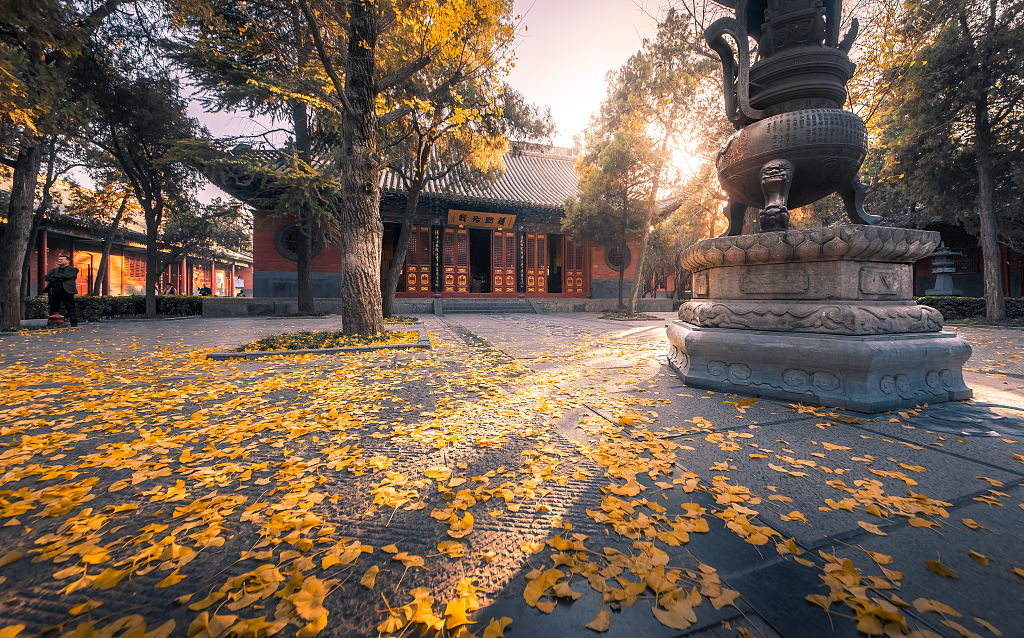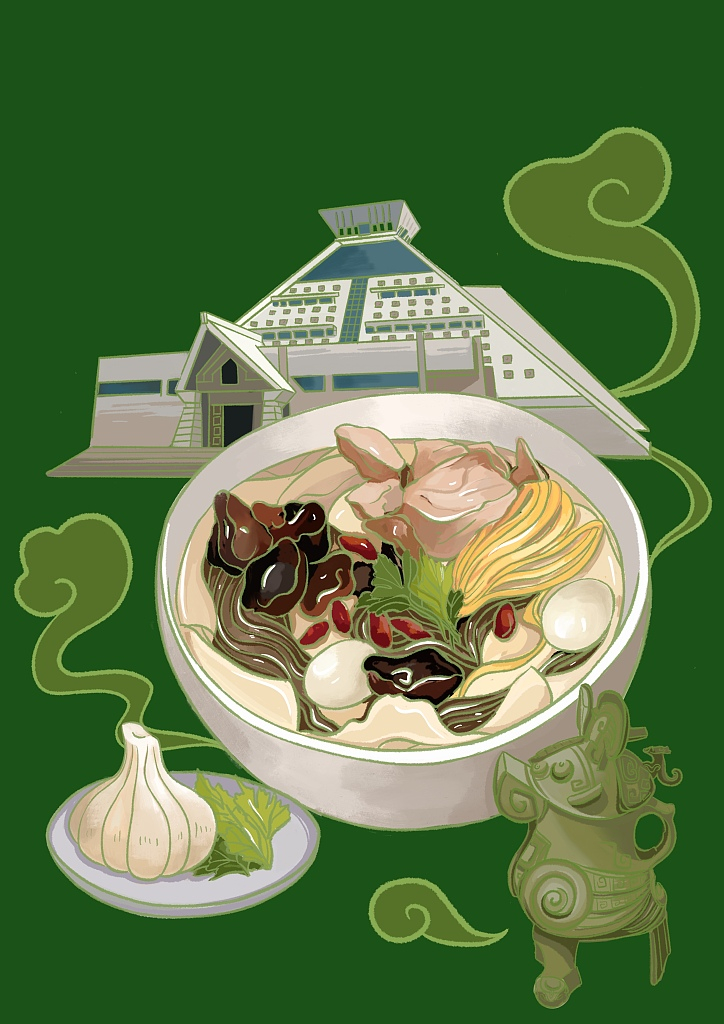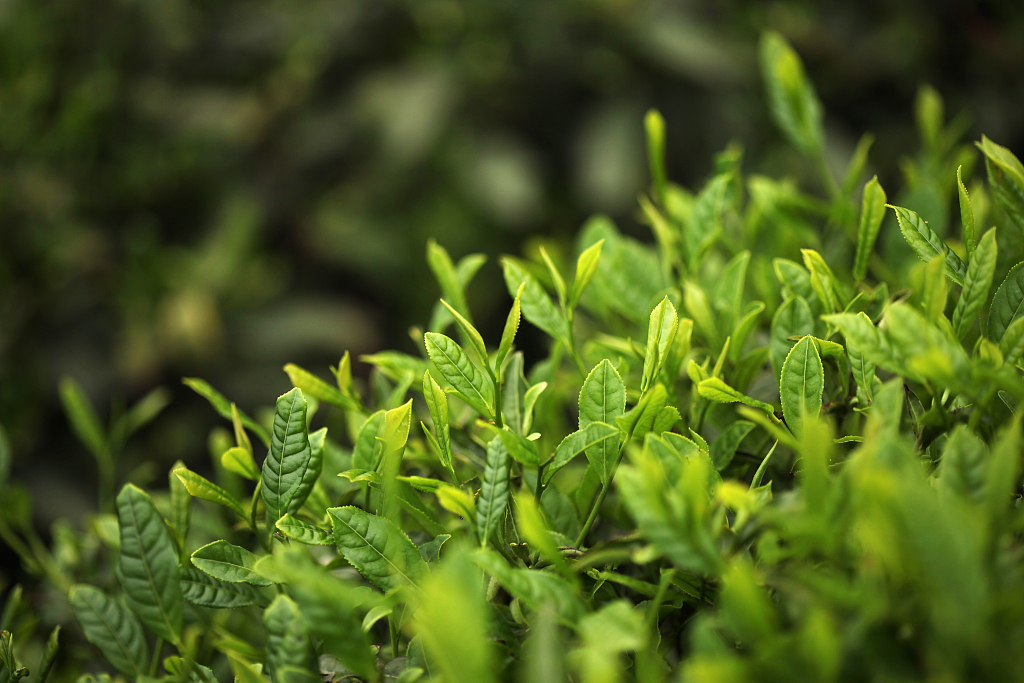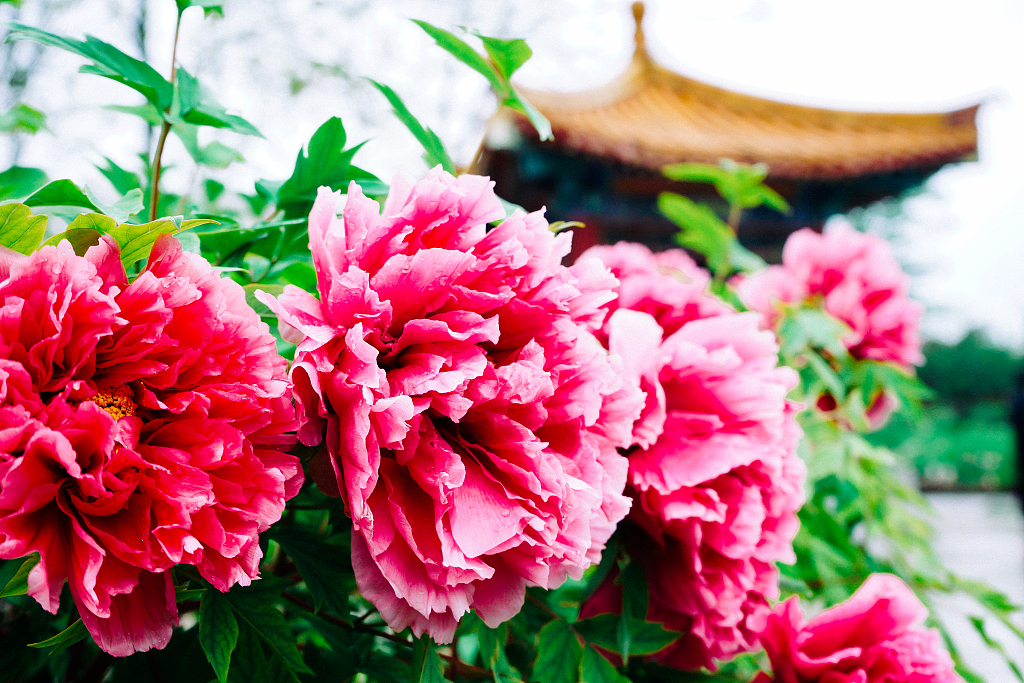Fireworks, paper and the compass were all invented in China, but where specifically? The answer is Henan Province.

White Horse Temple, Luoyang City, central China's Henan Province. The temple was built in the year 68 AD in Eastern Han Dynasty (25-220 AD).
White Horse Temple, Luoyang City, central China's Henan Province. The temple was built in the year 68 AD in Eastern Han Dynasty (25-220 AD).
I am from Henan Province, located in central China. It is a birthplace of Chinese civilization. The province retains the clues of the earliest days of China, including the ruins of Shang dynasty capital city Yin, which reveals the first form of Chinese writing. The Four Great Ancient Capitals of China (Luoyang, Anyang, Kaifeng and Zhengzhou) are located in Henan. The practice of tai chi also began in the province.

Henan's special local food stewed noodles, cooked with vegetables and in a lamb soup.
Henan's special local food stewed noodles, cooked with vegetables and in a lamb soup.
While cultural heritage is one of the highlights of Henan Province, its residents don't live in museums.
As a major wheat production area, Henan is always responsible for China's food supply. Residents prefer noodles and they can make these in various flavors.

Xinyang Maojian, Henan Province's green tea.
Xinyang Maojian, Henan Province's green tea.
Because of the central location of Henan, it has the characteristics of both northern and southern China. Tea is as popular in Henan as in southern China. Xinyang is the southernmost city of Henan Province, and it is home to the green tea, Xinyang Maojian. The tea is an everyday favorite among residents in Henan.

Peonies, known as the "king of flowers" in Chinese culture, make the Henan city of Luoyang all the more famous.
Peonies, known as the "king of flowers" in Chinese culture, make the Henan city of Luoyang all the more famous.
What also makes residents in Henan proud is the peony. Every mid-April, Luoyang City is always very busy. Peonies, generally known as the "king of flowers" in Chinese culture, symbolizing honor, wealth, and aristocracy attract tourists from all over the country.